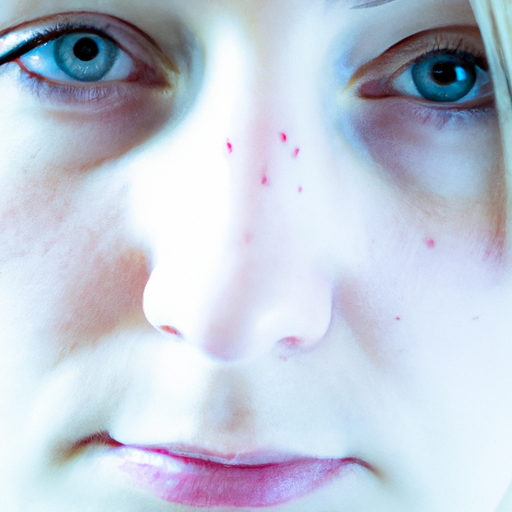As a doctor, I have encountered numerous patients suffering from dry, itchy skin. This condition, known as xerosis, can be a source of discomfort and frustration. It can be triggered by various factors such as weather conditions, aging, certain medications, or underlying skin conditions like eczema or psoriasis. However, the good news is that there are proven strategies to calm your dry, itchy skin. Here are six of them:
1. Hydrate from Within: The first step towards combating dry skin is ensuring proper hydration. Drinking plenty of water helps maintain the natural moisture level of your skin. Incorporating water-rich fruits and vegetables in your diet can also contribute to maintaining your skin’s hydration.
2. Moisturize Regularly: Applying a good quality moisturizer is essential for dry skin. It forms a protective layer on the skin that locks in moisture and keeps it hydrated. For best results, apply moisturizer immediately after showering when your skin is still damp. This helps seal in the moisture. Opt for creams or ointments that are fragrance-free and hypoallergenic to avoid any potential skin irritation.
3. Use Gentle Skin Care Products: Harsh soaps and detergents can strip your skin of its natural oils, leading to dryness and itching. Choose mild, fragrance-free soaps and laundry detergents. When bathing, avoid hot water as it can dry out the skin. Instead, use warm water and limit your bath or shower time to 10-15 minutes.
4. Humidify Your Environment: Dry air can exacerbate skin dryness. Using a humidifier in your home or office can help maintain a healthy level of humidity in the air, thus preventing your skin from drying out.
5. Protect Your Skin: Exposure to harsh weather conditions like wind, sun, and cold can make your skin dry and itchy. Protect your skin by wearing appropriate clothing. In cold weather, wear layers to prevent overheating and sweating, which can irritate dry skin. In sunny weather, apply a broad-spectrum sunscreen with an SPF of 30 or higher.
6. Seek Medical Help: If your skin remains dry and itchy despite following these strategies, it may be time to consult a dermatologist. Persistent dry skin can sometimes be a sign of an underlying medical condition that needs treatment. Moreover, scratching dry, itchy skin can lead to infections. A dermatologist can diagnose the cause of your dry skin and prescribe appropriate treatments.
In conclusion, while dry, itchy skin can be bothersome, it is often manageable with the right care and lifestyle modifications. Remember, your skin is the largest organ of your body and plays a crucial role in protecting your body from external harm. Therefore, taking care of your skin is not just about looking good, but it’s also about maintaining overall health.
As a doctor, my advice is to listen to your body. If your skin is dry and itchy, it’s telling you that it needs more care. By following these six strategies, you can help calm your dry, itchy skin and improve its health and appearance.



